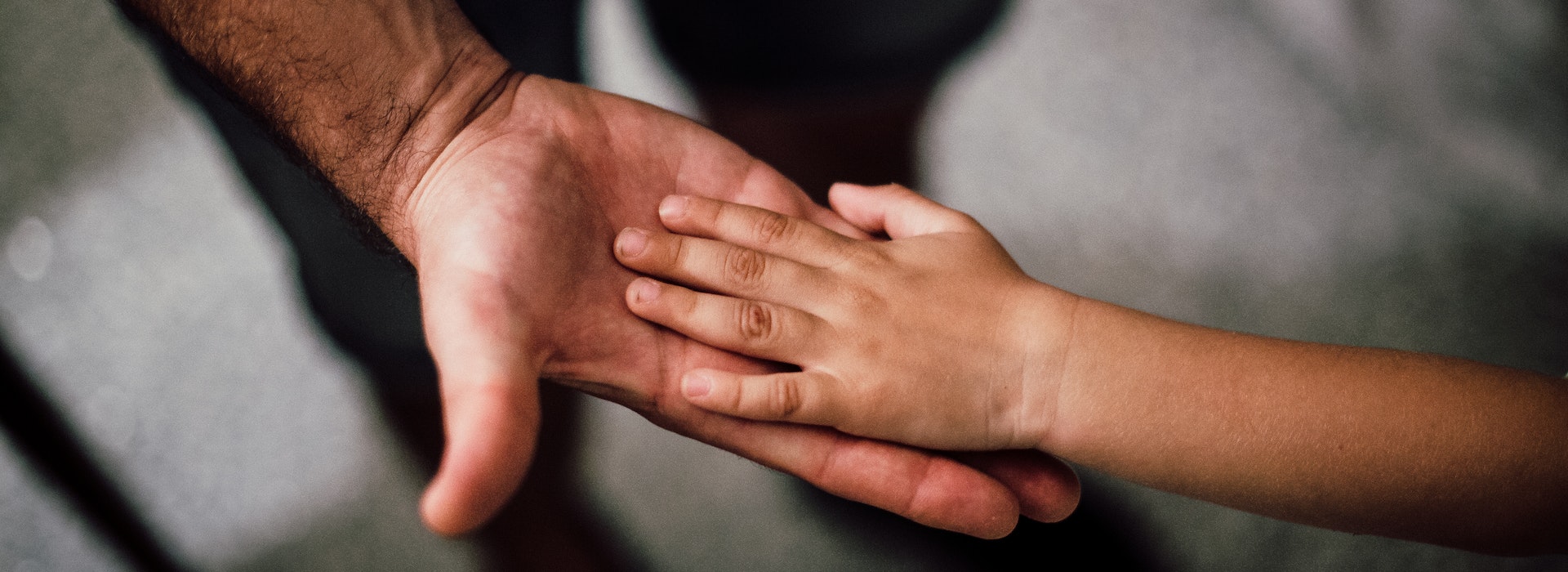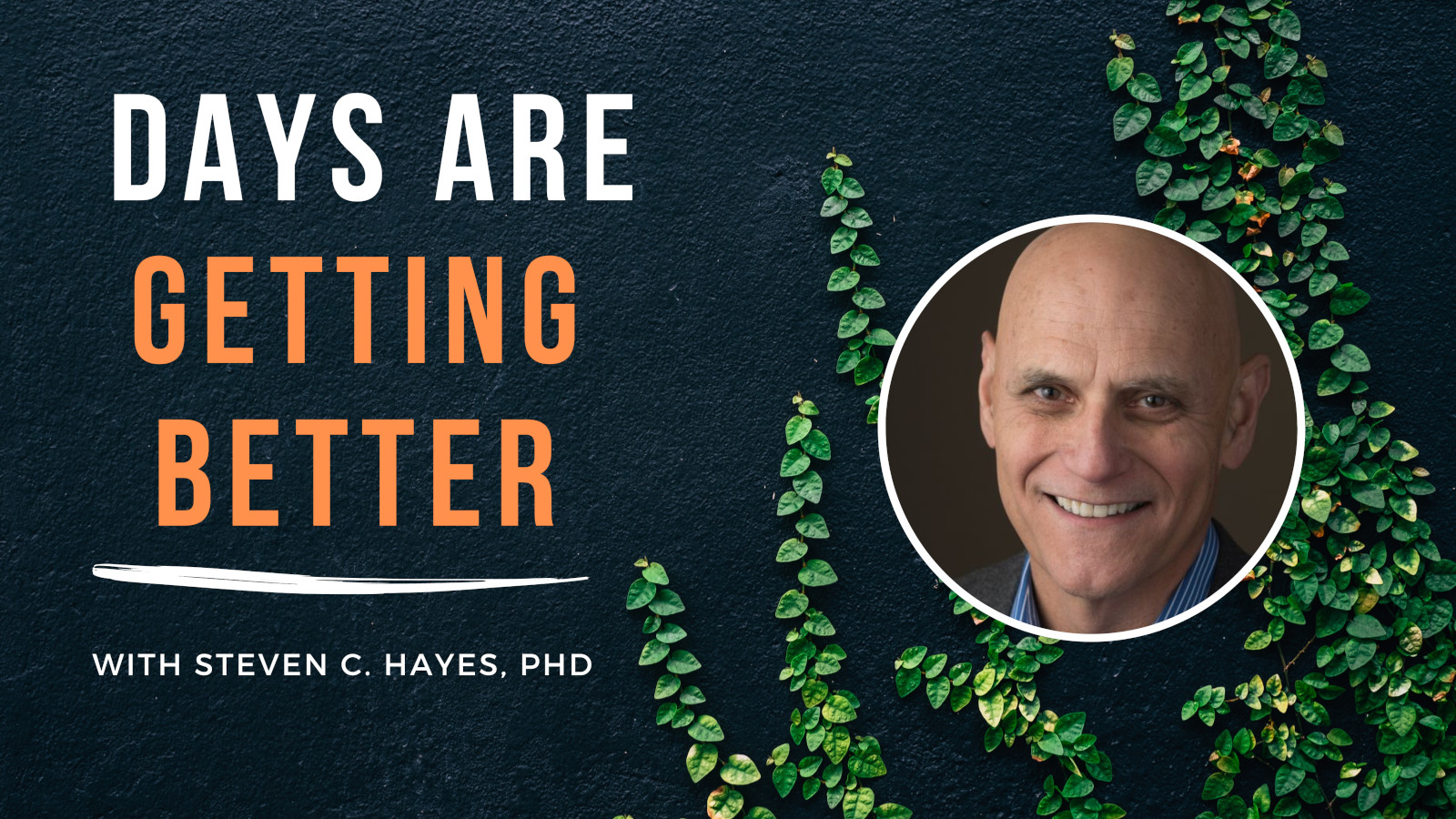We all have a child within – the child we once were. The pain of today that is most difficult to carry often goes back a long way – it touches that child. How we relate to that part of us is a good model for how we can move forward with the pain we experience in our adult lives. The core of the Acceptance and Commitment Therapy (ACT) work can be put into six words: Acceptance, defusion, self, now, values, and action. Almost any book about ACT will walk through these processes. But we can get a sense of what they are really about more quickly by thinking of that child within. Imagine yourself as a child, and a time when a hurt you are feeling now was first being felt. Acceptance is taking in your history as it is … much like giving that child a hug. The compassionate part of us would not slap a child for feeling fear or sadness, yet we do the functional equivalent so readily to ourselves as adults. Defusion is about backing out of the judgmental chatter … much like rocking a child who is telling of school yard taunts. We instinctively we know that the real issue is not the logical arguments that might be thrown against the taunts so much as it is just being held, and yet as adults we live our lives inside those arguments, fighting to be right. A transcendent sense of self is about seeing through the outer forms to the consciousness within … much as when we marvel at the spark of awareness behind the eyes of a child who is taking it all in. We would know not to take the self-concepts of a child for who he are she really is, and yet as adults we build these self-concepts into gigantic egoistic structures which we defend at all costs and which we then allow to control our lives.
The present moment is being able to attend flexibly, looking at the world with freshness and openness. Part of what attracts us to children is how they can sometimes bring us into the present moment, and we see in their vitality and play some of the joy we can find there. Yet as adults we so often drift away into compulsion or self-absorption. Values and committed action are about taking charge of your life and what you want it to be about … like creating a space for that child to play and grow, knowing that the adult things that need to be taken care of are being taken care of without demanding that the child within stop playing and grow up instantly. A women on the “ACT for the Public” list serve (I’ll put the link below) struggling with depression was writing recently about her time in a homeless children’s shelter. Lonely and abandoned, she told the story of being forced to eat something that the house mother knew literally made her sick, and then being put in a linen closet for the night when she threw up. Her story was so sad, but it was filled also with words of judgment about that little girl. What I said in my post was to use her posture toward that child within as a guide. Although the content would differ from person to person, the questions I found myself asking I think are of some general applicability, so I will repeat them here. I asked her to think about her relationship to the little girl within and asked: “Without acceptance is she being told by you to stop being afraid or ‘weak’?Without defusion is she being told by you to shut up and pretend?Without a transcendent sense of self is she being told by you that she might indeed be as worthless as her treatment?Without flexible attention to the present moment is she either being ignored by you or stared at like a damaged object?Without values is she being told by you to create safety for all the grown ups instead of the other way around?Without committed action is she being told by you to take care of herself even though she is the one needing care?”
When we do unhealthy things we step away from the child within. When the black dog of depression is being fed, the child within is terrified. When the alienation story gets thick, the child within is abandoned. When theanger goes inward, the child within is also a focus. From an ACT perspective the only way the child part of us can be listened to, respected, loved, cared for, and allowed to play is if the grown up part of us chooses a vital and self-compassionate path, that acknowledges pain and yet carries it forward into a life worth living. It is sometimes hard to find a place to do that for ourselves. If that is the case, there is an alternative. Imagine yourself as a child, and a time when a hurt you are feeling now was first being felt. Do it for that child.







